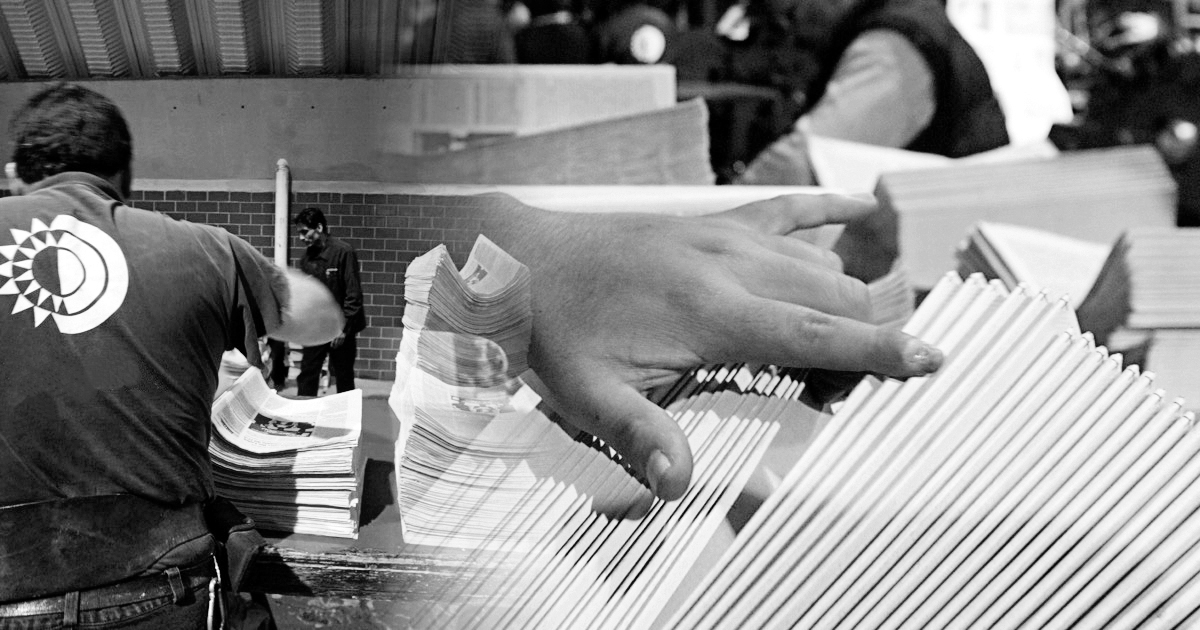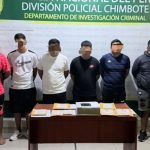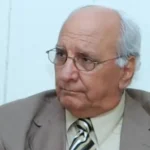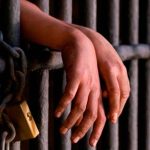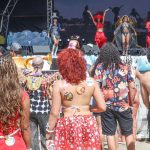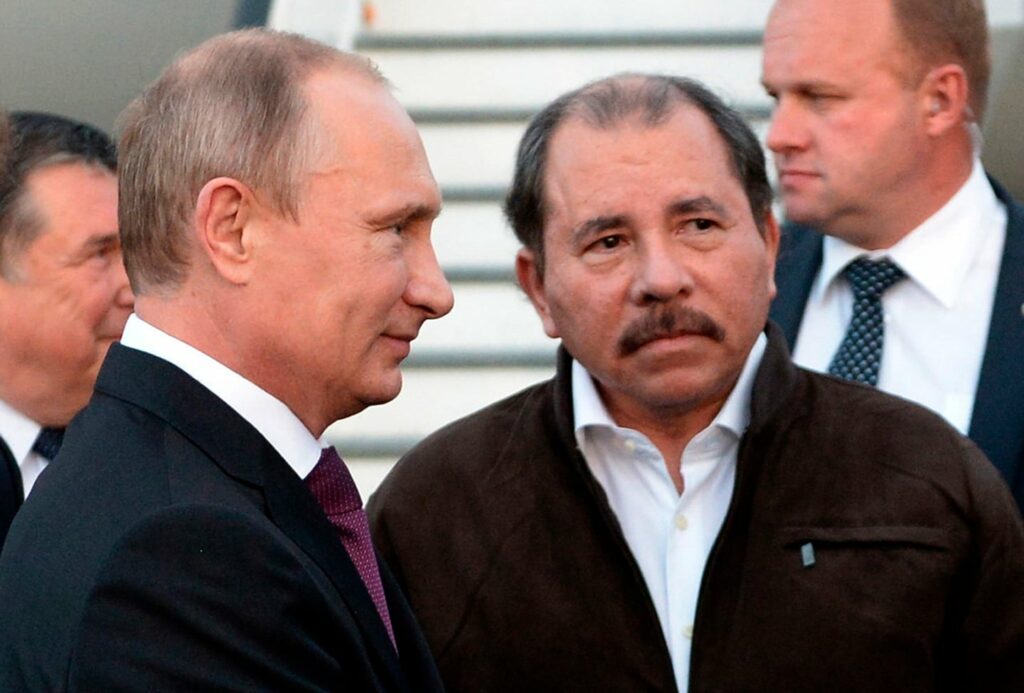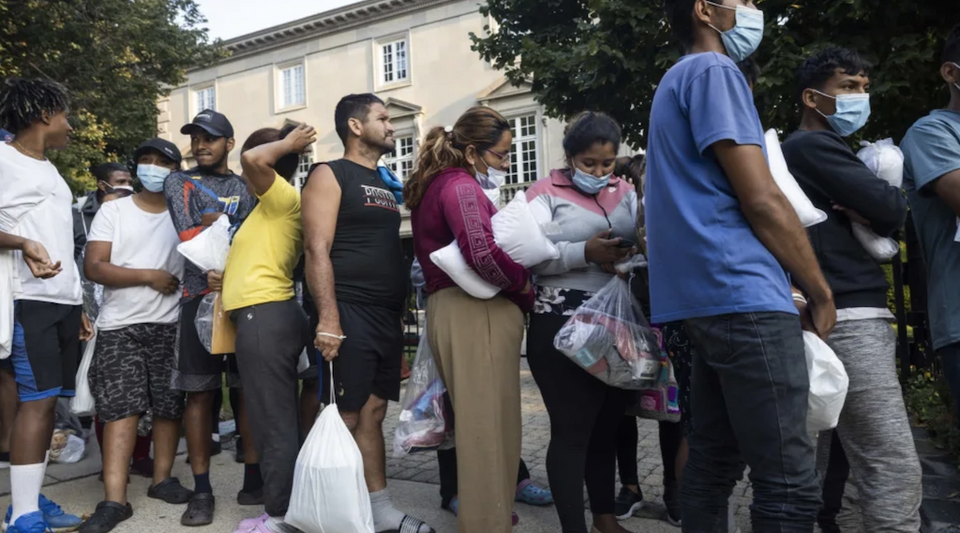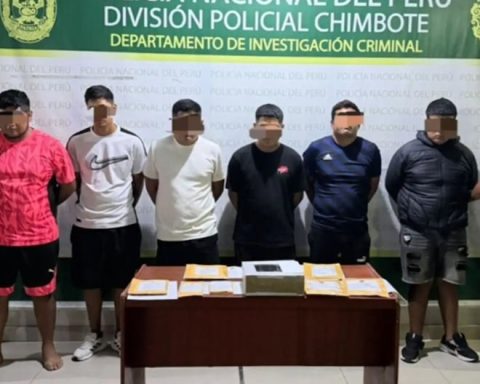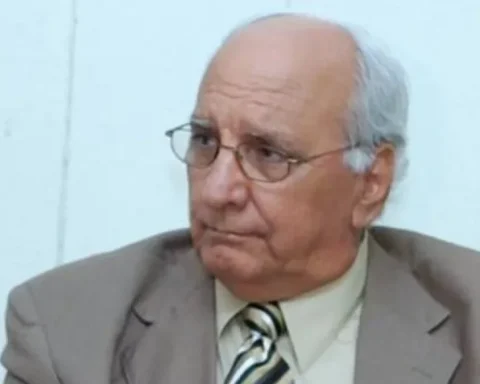AND
Professor Vicente Estrada Vega, graduated from the Normal Rural of Ayotzinapa, he will return this week to Military Camp No. 1. He was there for three weeks, starting on November 9, 1974, when he was disappeared and tortured. He is now returning as part of a group of victims and his relatives who accompany the Truth Commission that will deal with the cases of the war dirty in Mexico.
Vincent, also known as Dionisio , Jorge Y Cease, was a leader of the Ho Chi Minh branch of the Spartacus Communist League. A friend of Lucio Cabañas since they were students at Raúl Isidro Burgos, he was accused of being part of the Peasant Execution Brigade of the Partido de los Pobres. As reported by Captain Luis de la Barreda, federal director of security, a detainee in 1971 declared that Estrada Vega was one of the elements that indoctrinated the peasants who followed Canañas in Marxism-Leninism.
(https://bit.ly/3UcNZrr).
Vicente remembers those days: “They arrested me in Ayotla. There he lived in a little room. My wife, Teresa Franco, managed to keep the job in Nezahualcóyotl. Since I dedicated myself to work with my colleagues in the fields, we had that house. I was in the Military Camp for two weeks. I was sentenced 13 years and got out at four. Then they took me to Lecumberri for two years. The political prisoners were in the M; They sent me to B, where the common prisoners were. The penitentiary reform came and they changed us from Lecumberri to the new prisons. I got the East. When I got there, they isolated us and put us in a dark room. And then they had to take us out for roll call. They put us apart. It was an experience because I had the opportunity to do conscientious work.
“I always thought that one day we could land in jail; I was already made for it. When I fell, nothing surprised me. Nor with mistreatment and torture. I considered it natural. Like something not even worth crying over. If at the time of the hour you regret because you did not know what you got yourself into, what treatment can you expect?
“At the time of the interrogations I always kept in mind that: ‘first, my crime is for a fight, and second, if I am going to die, it is because my time has come’. He told my torturers when they wanted to put the gun to my head: ‘It’s no use. If they are the last moments of my existence, I accept them, but I die in protest. The crime we committed was trying to side with poor people.’
“They touched me, they gave me cigarette burns. But I had some advantages. For example, with cigarette burns my body was full of sweat and the cigarette went out. They did burn me, but not much.
“I told my colleagues: ‘Don’t be scared! If they got into this, didn’t they know what we expected? Don’t back down, you always have to maintain the necessary courage to say that we are here’.
“They put me in the famous pocito. They tied me by the arms, put me on a wooden cross and drowned me in a pool of water. I was a swimmer all my life and when I was in boarding school I liked to play tag. The best was the one who could hold his head in the water the longest. I managed to last up to two minutes, a minute and a half.
“When my torturers put me in the water, after 30 seconds, I began to say that I was swallowing plenty of water. He opened his mouth. They thought: ‘He’s already drowning.’ They took me out When I saw that they took me out, I said to myself: ‘They don’t want to drown me, they’re just testing me to see if that’s how I say what they don’t ask me.’ That was the secret. During the torture they told you: ‘Speak, speak!’ I replied: ‘Ask me! I don’t know what you want to know’.
“They hit me with the electric wires. When I was in boarding school we used to play catch the electricity wires and our arms got stiff. The classmates of the school stood in line, giving us electric shocks. So, when they tortured me with touches, it was something that I had already experienced. I knew what was going to happen.
“For many, torture is very hard because they have not fought in life. But I had already experienced many things. When I was wearing a warm huarache, the nail fell off many times due to tripping. Today I already wear a huarache that covers my nail, but before the forefoot was uncovered. When I hit a stone my nail crashed, and I had to keep walking. I already knew what that pain is when they ripped out my nails during torture.
“It is not the same for a person who has never suffered anything, who has never seen a drop of blood and is frightened. Even in that you have to be proletarian. The proletarians are those who face life in many ways. They are not always well cared for. They are exposed to accidents at work, in which they lose hands and fingers. That makes you have a different mentality.
“We were forced to put up with everything in cold blood. I could have the most dangerous enemy in front of me and I knew that if he scared me, it was worse. So, in the face of those murderers, torturers, you shouldn’t be intimidated because they treat you worse.
“Despite the fact that I went to jail, that I spent four years in prison, when they gave the amnesty I spoke with the President of the Republic, Vicente Fox, and told him: ‘I am going to follow in my footsteps. We have not committed any crime. We are the product of crimes of the common order, but for social reasons. We don’t regret anything.’”
Since then, Vicente Estrada has continued to fight for the families of the victims and disappeared of the war dirty . He has never stopped putting his finger on the line. This week he will return with his executioners to Military Camp No. 1, where he was disappeared and tortured, to insist that, if there is no truth, justice, repair of the damage, restitution of the social fabric and an end to the persecution of former combatants, there will be no true peace.
Twitter: @lhan55
